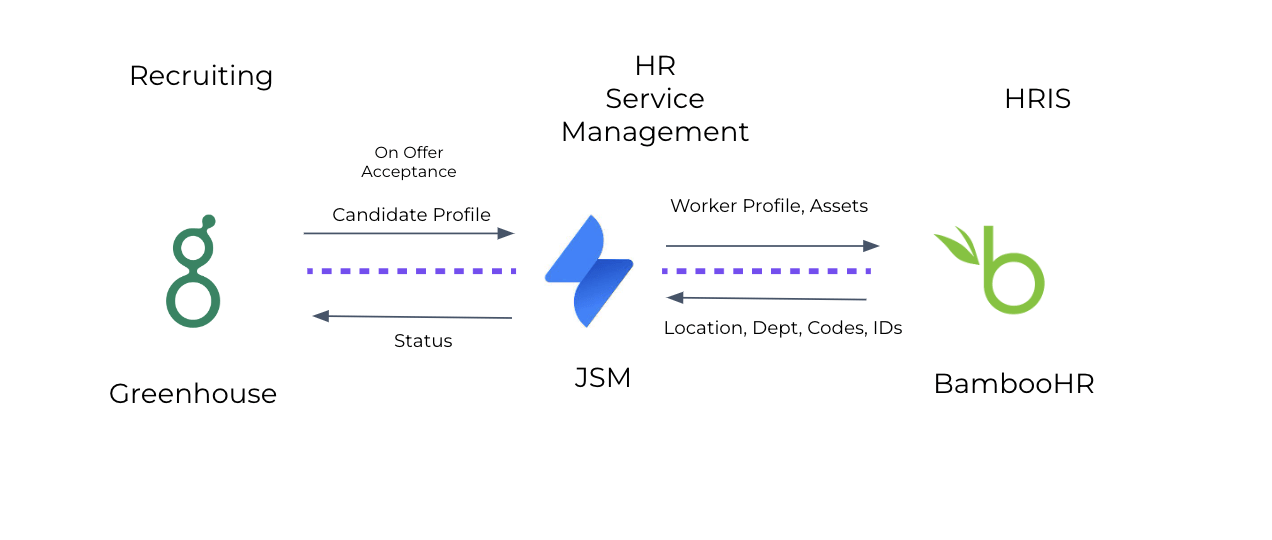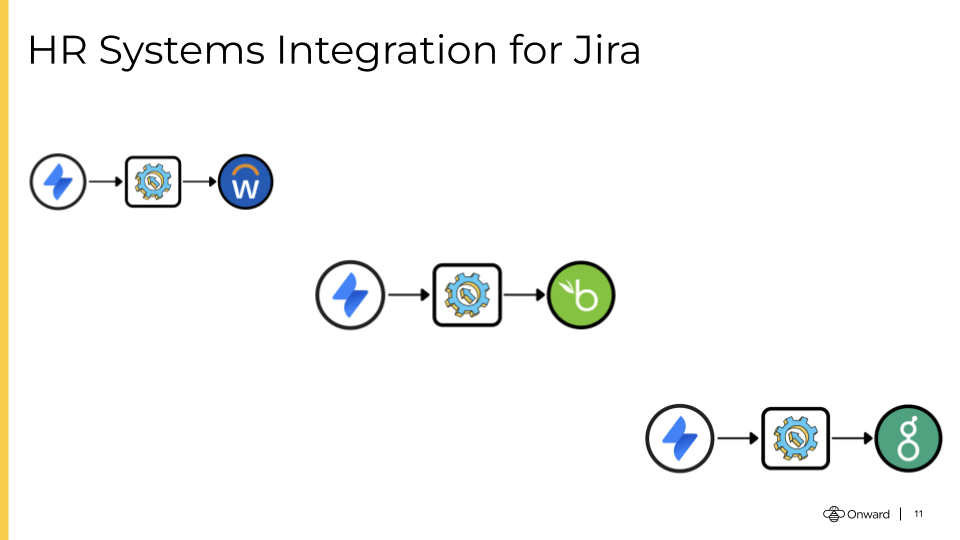Who is responsible for Employee Onboarding?
Employee onboarding is a crucial aspect of any organization’s operations. While it may seem that HR owns this process, a comprehensive approach involves cross-functional collaboration. This article outlines the current challenges in employee onboarding, highlighting the importance of streamlined systems and automation and proposes a solution for consideration.
Who owns Employee Onboarding? Almost everyone instantly answer this is as Human Resources (HR).
While its true that HR owns the employee onboarding process, its a total team effort that has dependency to IT, Marketing, Recruiting, Legal and the Project team that is hiring the resource.
Lets simplify this, please note every organization is unique and may have variations to the below:

Now let’s see how this maps to the common Onboarding activities
Background Check: HR, Legal
Health Screening: HR, Health Department
IT Access: IT, HR
Payroll Setup: HR, Finance
Equipment Preferences: HR, IT
I-9 Authorization: HR, Legal
Team Introductions: Hiring Manager, HR
Compliance Training: HR, Legal
OKR Goals: Leadership Team, HR
Employee Survey: HR, HR Business Partner

Let’s zoom in to core systems that touch majority of the workflow steps
Applicant Tracking System (ATS) – Used for candidate sourcing and hiring e.g Greenhouse
HR Service Management (HRSM) – Used for handling employee requests and service tickets e.g Jira Service Management
Human Resources Information System (HRIS) – Used for all of HR operations e.g BambooHR
For simplicity I have used the above applications as examples.

To enable efficient onboarding, data integration across systems is imperative. For instance, candidate data from the ATS should seamlessly flow into the HRSM for streamlined approvals and reviews. Upon approval, this data forms the basis for the creation of the employee profile in the HRIS.

The question I leave you with this is how do you want to enable your next generation HR Service Management so that you provide a frictionless employee onboarding experience to your new hires.
Would you use emails back and forth and maintaining checklists?
Manual integration with disconnected data?
Or provide a seamless automation?
To address common HR integration challenges and empower automated HR Service Management is why we have developed OnLink.

If you are looking to automate your common HR Service management tasks, please try out OnLink.
Related Blogs
